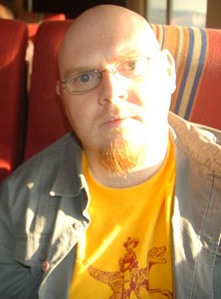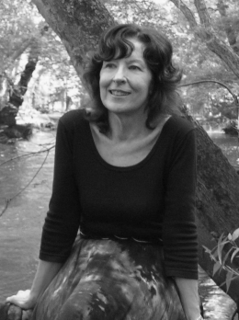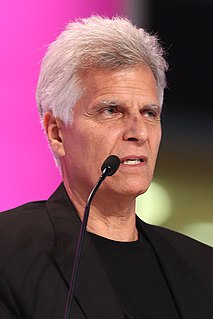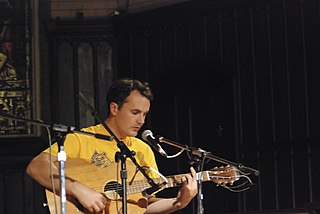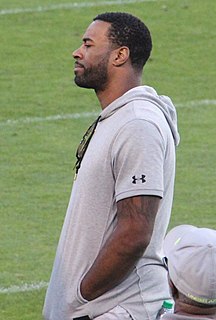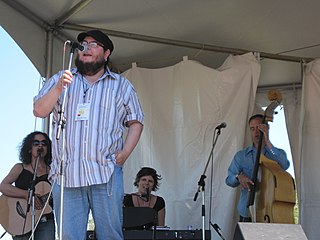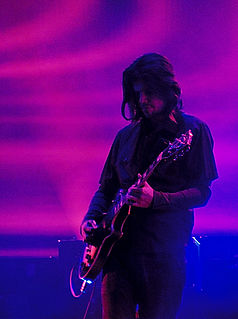A Quote by Ben Peek
First published in 1984 when I was nothing more than sticks of bone at seven, 'Dragons of Autumn Twilight' began what would be one of the icons of my grunge-stained disenchanted childhood.
Related Quotes
I'm not the only kid who grew up this way, surrounded by people who used to say that rhyme about sticks and stones, as if broken bones hurt more than the names we got called, and we got called them all. So we grew up believing no one would ever fall in love with us, that we'd be lonely forever, that we'd never meet someone to make us feel like the sun was something they built for us in their toolshed. So broken heartstrings bled the blues, and we tried to empty ourselves so we'd feel nothing. Don't tell me that hurts less than a broken bone...
I was first published in the newspaper put out by School of The Art Institute of Chicago, where I was a student. I wince to read that story nowadays, but I published it with an odd photo I'd found in a junk shop, and at least I still like the picture. I had a few things in the school paper, and then I got published in a small literary magazine. I hoped I would one day get published in The New Yorker, but I never allowed myself to actually believe it. Getting published is one of those things that feels just as good as you'd hoped it would.
I was a writer first, and knew I'd be a storyteller at age seven. But since my parents are very practical, they urged me to go into a profession that would be far more secure so I went to medical school. But after practicing medicine for a few years, while raising two sons (with a husband who was also a doctor) I realized that combining medicine with motherhood was more of a challenge than I could handle. So I left medicine and stayed home. And that's when I once again picked up the pen and began to write.
